
As January 31st is creeping up on us, we are now expecting the big event to come – Brexit. Most of us thought this day would never come (and it probably won’t – let’s be honest) but we are to expect the new impacts it will bring; whether that never-ending deadline is met or not. It is planned that the British economy will take the biggest brunt of this deal affecting importation of goods with vehicles playing a big part in this.
Short answer? It's difficult.
What happens largely depends on whether the UK is able to meet a deal with the EU and if it will be able to push it through parliament. Whilst it is difficult to determine exactly how a deal with the EU will affect the car market, we can assume that this deal would be far better than no deal when it comes to prices. Rising prices of European manufactured vehicles would ultimately decrease sales for the big European manufacturers and this will want to be avoided on both sides. With complex material and component supply chains, it is very difficult to predict the effect Brexit will have on pricing accurately. Whatever happens there is likely to be some winners and losers, exactly who that will be is somewhat unsure.
Under a no-deal Brexit the price fluctuation is a little clearer. Charges will be applied to the imported goods with World Trade Organisation tariffs up to 10.6% as well as the chance of additional duties with different companies. These changes won’t necessarily go away if Brexit doesn’t happen though so we’ve got to be prepared and roll with the punches.
Yes, but to add to the mess that is Brexit, each company has strategised individual plans on how they will tackle Brexit. The Companies have vocalised their ambitions as followed:
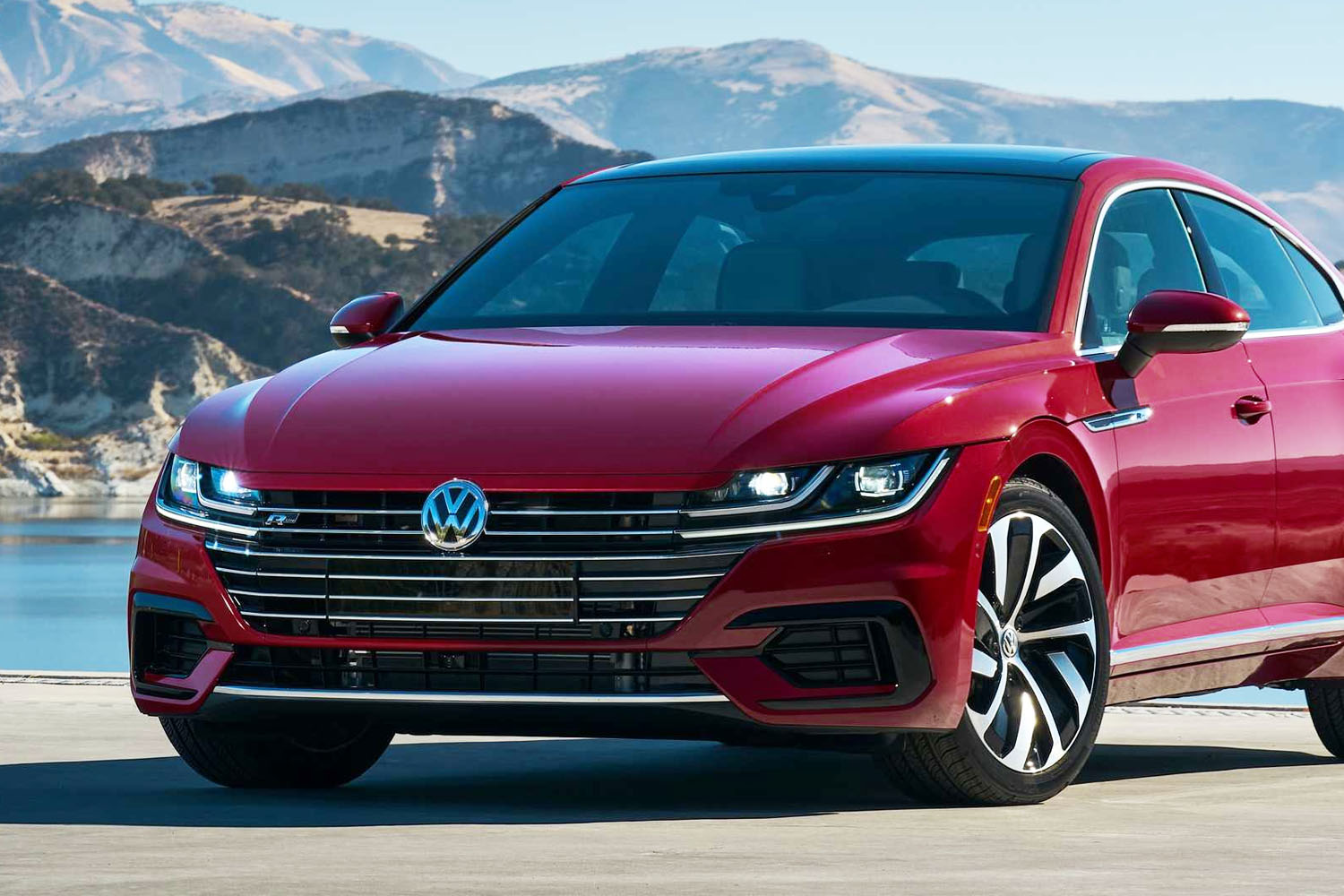
These brands have committed themselves to a price protected customer order scheme that ends at the point of Brexit. For Volkswagen, this will cover both passenger cars and commercial vehicles.

Ford has agreed to price protect any vehicle orders made prior to a no-deal Brexit. Ford’s managing director, Andy Barratt has claimed that their more popular vehicles will have a price increase of “between £1000 and £2000”.
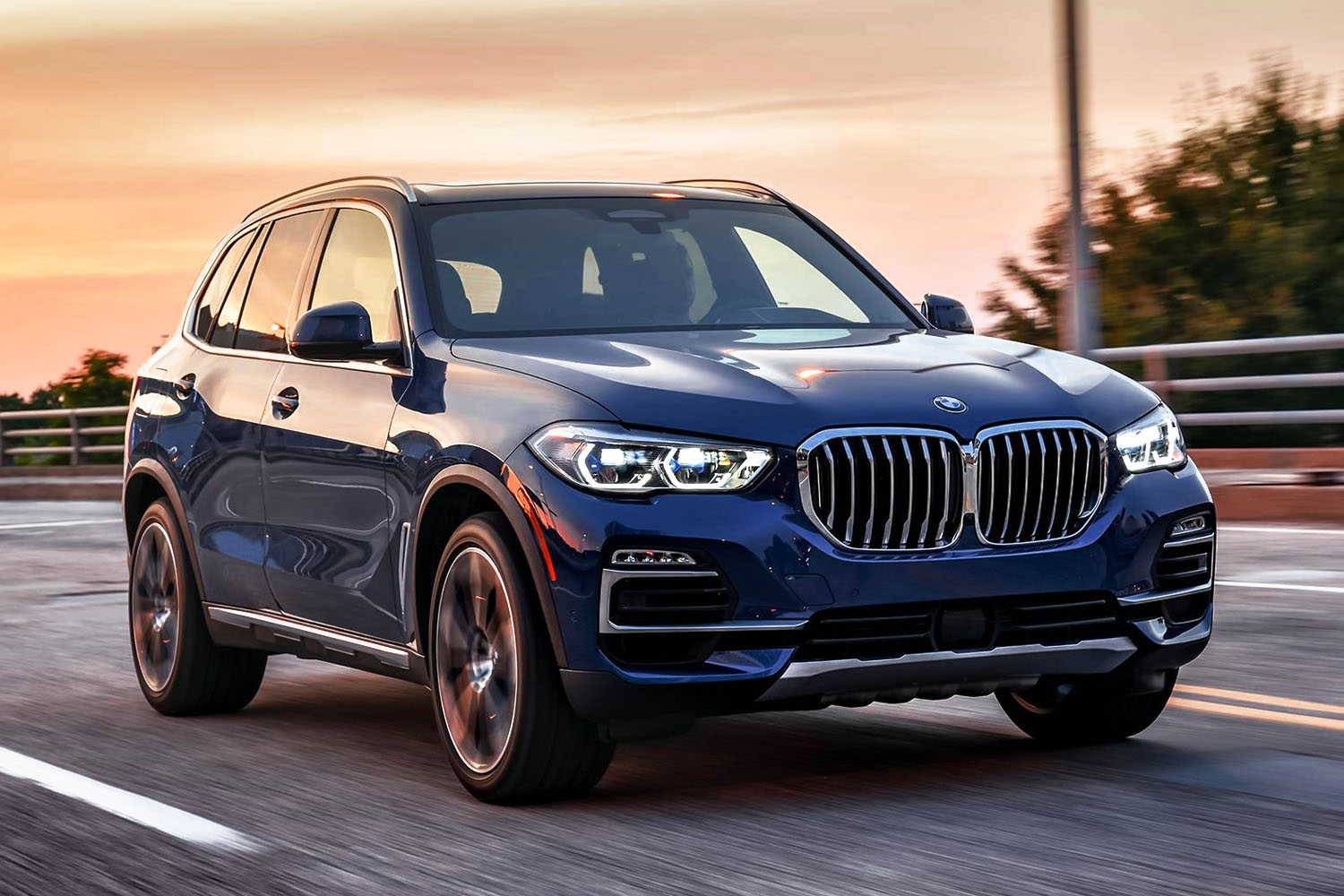
Tariffs will be applied under the circumstance of a no-deal Brexit meaning recommended retail prices will rise for vehicles that must be imported into the UK.
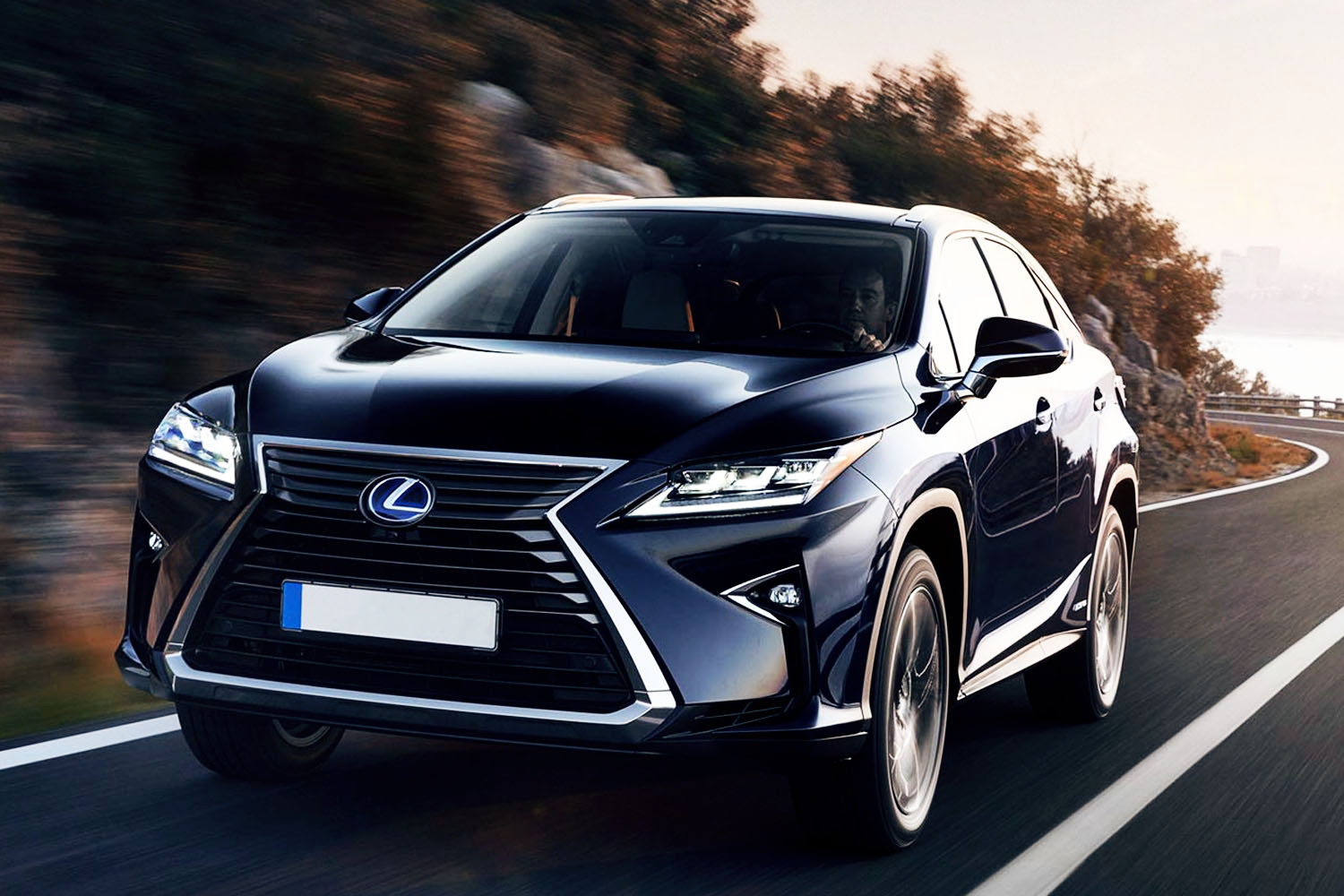
Toyota and Lexus have agreed to change retail prices in accordance to any market changes between now and January 31st including a no-deal Brexit.
Honda has price protected their vehicles regardless of whether the vehicle is situated abroad or the point of order. They have also agreed to follow the market after Brexit rather than swoop into action on the deadline. This essentially means that their prices will change in accordance to their competitors and the trends that align.
Unfortunately, Honda is in the difficult position In that a lot of the manufacturing is based in a Turkey – a non EU country that is in the customs union, so tariff charges may or may not apply.
In addition to this, Honda also imports a fair amount of vehicles from the US and Japan. This would still apply the 10% tariff but there is a possibility that Japan will strike a trading agreement with the UK to reduce these Tariffs.

The Honda Jazz, CR-V and HR-V US – the NSX

The four-door Honda Civic
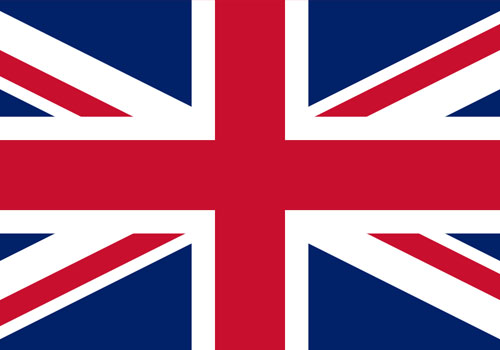
the hatchback version of the Honda Civic will be manufactured in Swindon until 2021
Even if said tariffs may affect us or not, there is a likely outcome that prices will increase in accordance to border-control obstacles making trading 'more challenging, time consuming and costly’ as Honda revealed. Honda is doing as much as they can to minimise damage from Brexit but ultimately not everything is in their control.
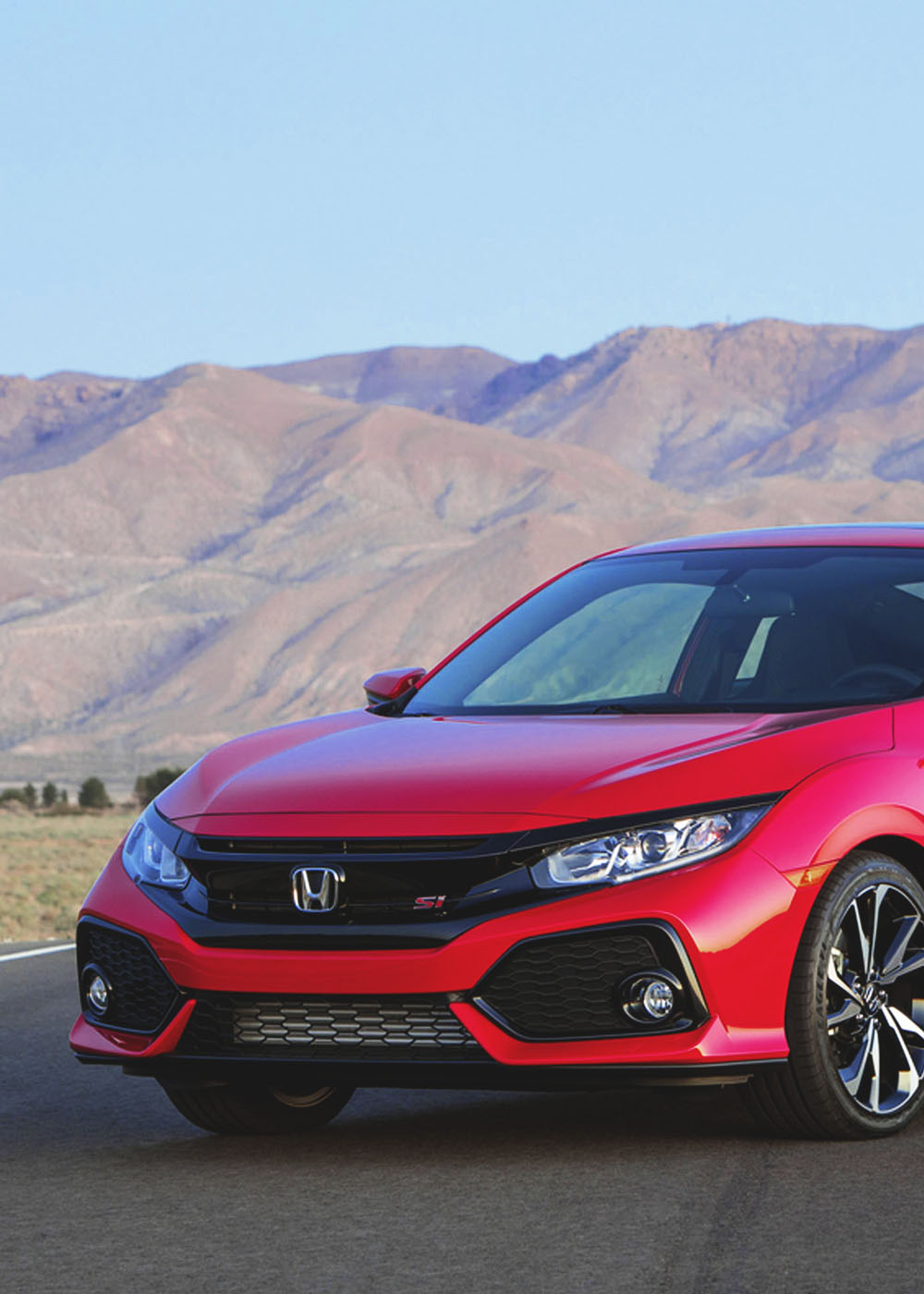
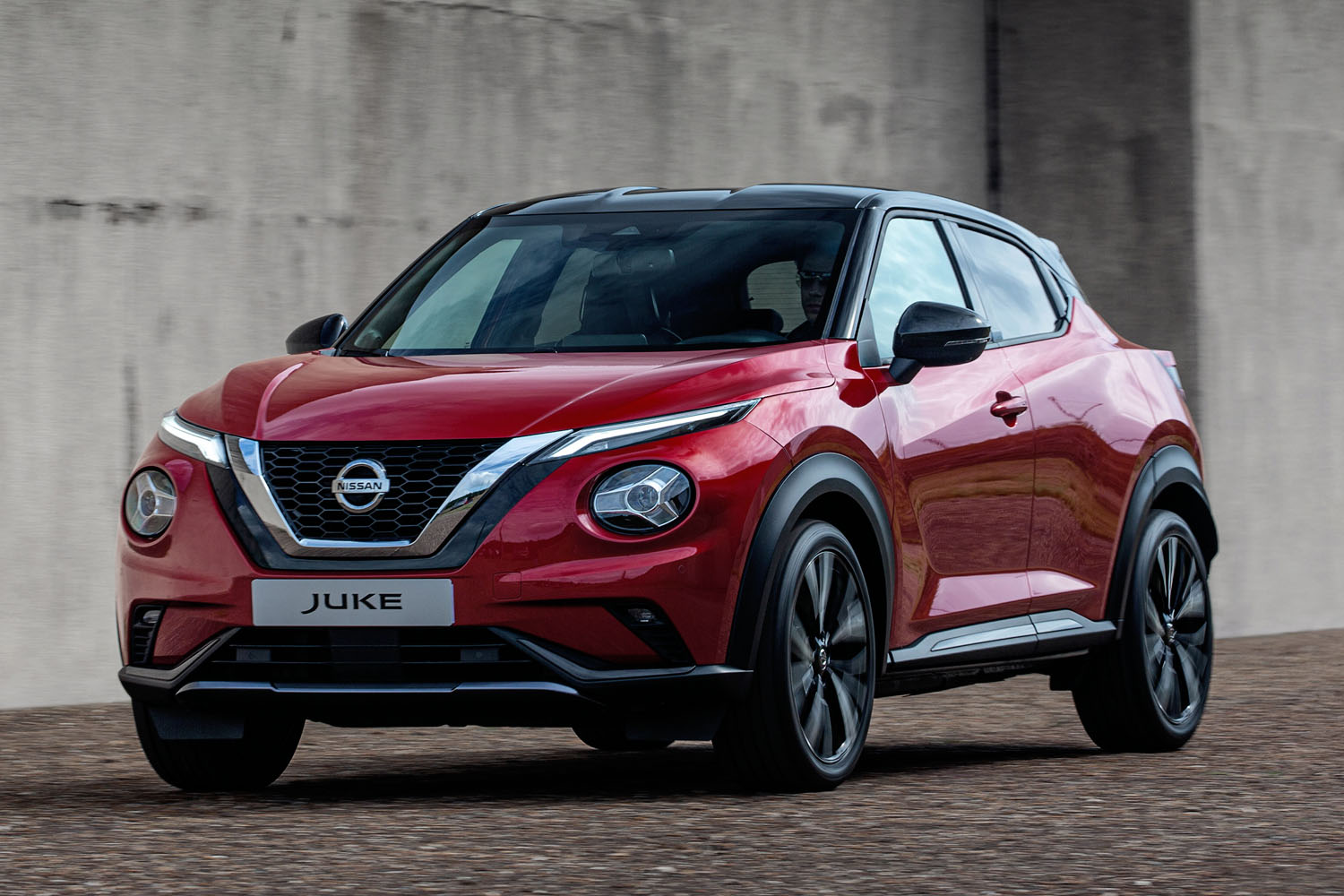
Nissan, in strategic partnership with Renault and Mitsubishi has warned that a no-deal Brexit will make their business model unsustainable – putting their European procedures in turmoil.
With many Nissan cars (such as the Qashqai, Juke and Leaf) made on our soil in the UK’s biggest car factory, you may be able to evade tariff charges and price increases with vehicles, but it’s more likely that all vehicles will adhere to the global changes for profitability.
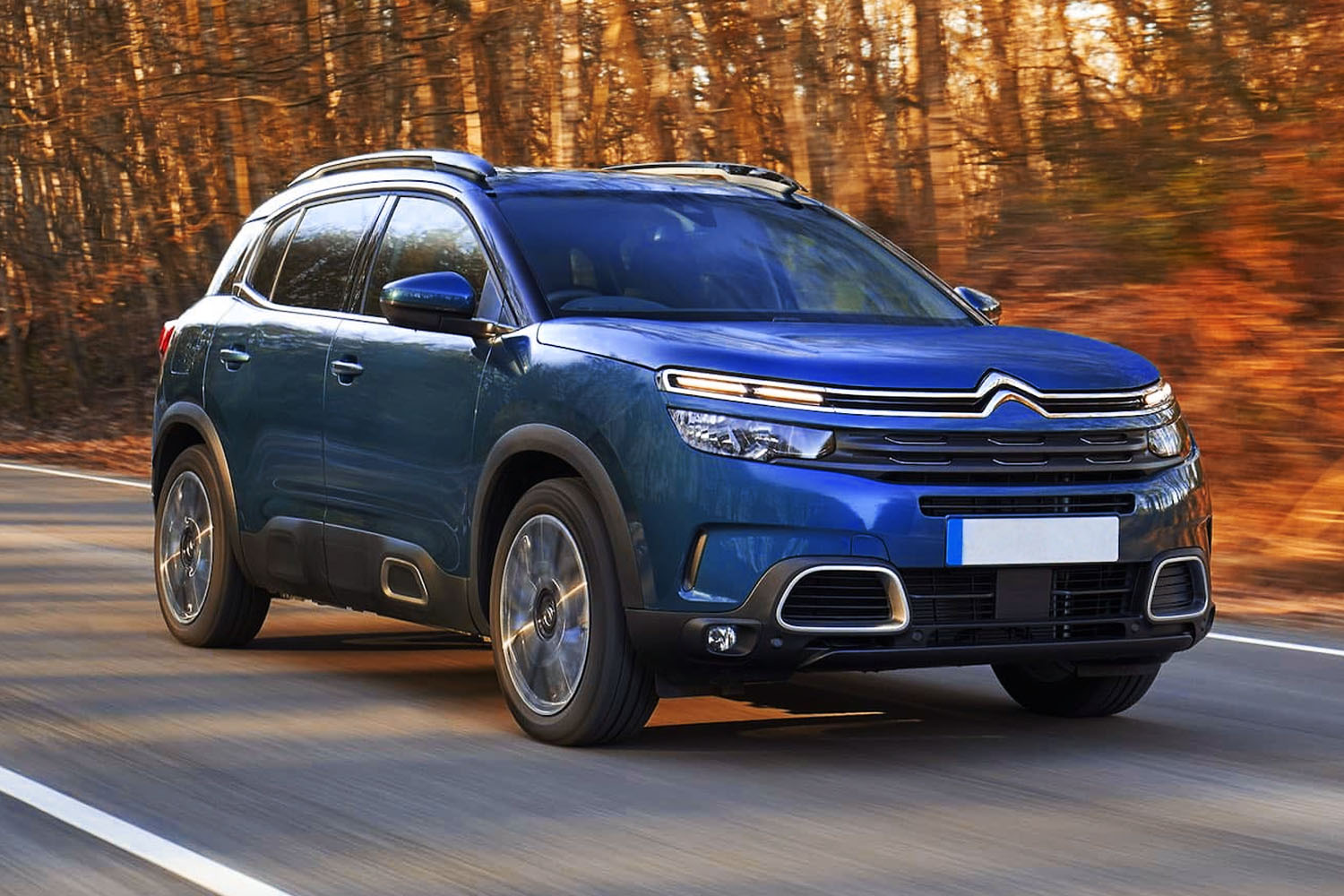
These manufacturers have confirmed that any additional duty pushed on them by the UK government post-Brexit will be sent-forth to the customers. This will bump-up the total vehicle price once Brexit is in place.
Currently, on behalf of Vauxhall, vehicles will be protected from additional duties until payments are made after the Brexit deadline. Peugeot, Citroën and DS however, will also be price protected unless the vehicle is being held in another country from the said date onwards.

These manufacturers have agreed to a price protection for all customer sold vehicles that have been registered before 31st December 2019, regardless of the date of the order and planned delivery date.
You should expect vehicle prices to rise after Brexit happens. Currently, this date is January the 31st. When the day does come, you will likely get hit with the tariffs one way or another.
Purchasing a new vehicle may become even more expensive and so you may need to consider other options if you’re thinking of purchasing a vehicle anytime soon. Financing a vehicle can help mitigate these increased costs and can be a more economically manageable method for vehicle ownership. Alternatively, you could lease your vehicle, as you're not paying for the full vehicle and just its depreciation, this can significantly lower the cost of running a vehicle.
You can also check with whoever is dealing you the vehicle on where the car or van is currently situated or imported from to see if you will be paying extra or not. Currently 90% of new cars in the UK are imported, so the odds aren’t particularly in your favour, unless you do the research.